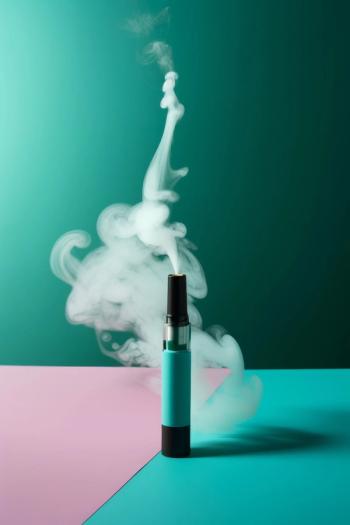
Analyzing the Impact of Recreational Cannabis Legalization on Young Adult Cannabis Use
A study of a small sample of young adults compared cannabis, alcohol, and cigarette use before and after recreational cannabis became legal.
A study published on November 24, 2023, in the Journal of Psychoactive Drugs, tested the effect of recreational cannabis legalization on cannabis use and other substance use in young adults (1). The study, titled “Pre-Post Cannabis Legalization for Adult Use: A Trend Study of Two Cohorts of Young Adult Cannabis Users in Los Angeles,” was funded by the National Institute on Drug Abuse (NIDA) and conducted by researchers from Drexel University and the University of Southern California, Los Angeles (1).
In 1996, California became the first US state where medical cannabis was legal, and cannabis for recreational use became legal in the state in 2016 (1,2).
Citing the lack of data around the impact of recreational cannabis legalization on this age range, researchers studied survey data from cannabis users, either medical or recreational, ages 18-20 in two groups: one group of 172 in 2014-2015, and the second of 139 in 2019-2020 (1). The group studied after 2016 reported an average of fewer days using alcohol and cigarettes, though they did report more use of edibles (1). In both groups—both pre- and post- legalization—medical cannabis patients were more likely to self-report their medical cannabis use (1).
The study also pointed out a significant finding on the overall effect of legalization. “Notably, frequency of cannabis use (days or hits per day) did not significantly differ between the pre- and post-AUL [adult use legalization] cohorts, except for greater use of edibles, despite potentially greater access to cannabis,” the researchers stated in the abstract (1).
In another study published earlier this year comparing cannabis use in a larger population of young adults after cannabis legalization, researchers found that increases in cannabis use and overuse were seen most in individuals who were ages 21-23 years and not enrolled in college; the study called for a closer look at how cannabis legalization affects this age group and where prevention efforts could be directed (3).
References
- Fedorova, E. V.; Mitchel, A.; Finkelstein, M.; Ataiants, J.; Wong, C. F.; Conn, B. M.; Lankenau, S. E. Pre-post cannabis legalization for adult use: A trend study of two cohorts of young adult cannabis users in Los Angeles. Journal of Psychoactive Drugs 2023 DOI: 10.1080/02791072.2023.2282515.
- California’s cannabis laws
https://cannabis.ca.gov/cannabis-laws/laws-and-regulations/ (accessed Nov 30, 2023). - Kerr, D. C. R.; Levy, N. S.; Bae, H.; Boustead, A. E.; Martins, S. S. Cannabis and alcohol use by U.S. Young Adults, 2008–2019: Changes in prevalence after recreational cannabis legalization. American Journal of Preventive Medicine 2023 DOI: 10.1016/j.amepre.2023.06.009.
Newsletter
Unlock the latest breakthroughs in cannabis science—subscribe now to get expert insights, research, and industry updates delivered to your inbox.




